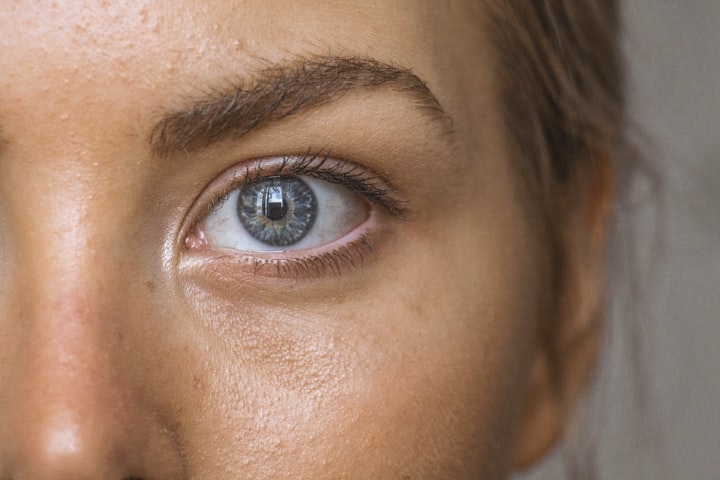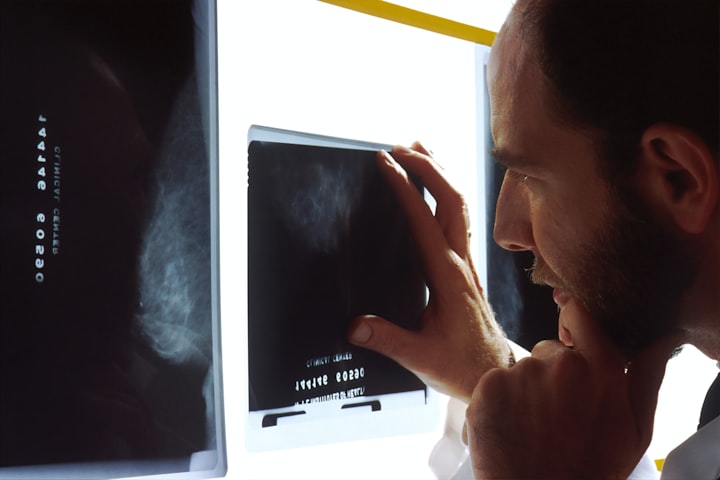
Eye disorders refer to any condition or disease that affects the eyes or the visual system. Some common eye disorders include:
Refractive errors: These are common vision problems that occur when the shape of the eye prevents light from focusing properly on the retina. The most common types of refractive errors are nearsightedness, farsightedness, and astigmatism.
Cataracts: A cataract is a clouding of the lens in the eye that affects vision. It usually develops slowly and may cause blurred vision, halos around lights, and difficulty seeing at night.
Glaucoma: Glaucoma is a group of eye diseases that damage the optic nerve, leading to vision loss and blindness. It is often associated with increased pressure in the eye.
Age-related macular degeneration (AMD): AMD is a common eye disorder that affects the macula, the part of the retina responsible for sharp, central vision. It causes a gradual loss of vision and can lead to blindness.
Diabetic retinopathy: Diabetic retinopathy is a complication of diabetes that affects the blood vessels in the retina. It can cause vision loss and blindness if left untreated.
Dry eye syndrome: Dry eye syndrome occurs when the eyes do not produce enough tears or the tears evaporate too quickly, causing dryness, irritation, and other symptoms.
Conjunctivitis: Also known as pink eye, conjunctivitis is an inflammation of the conjunctiva, the thin, transparent layer that covers the white part of the eye and lines the inside of the eyelids. It can be caused by bacteria, viruses, allergies, or irritants.
Strabismus: Strabismus is a condition in which the eyes do not align properly. It can cause double vision, depth perception problems, and other vision issues.
Amblyopia: Also known as lazy eye, amblyopia is a condition in which one eye has weaker vision than the other. It can be caused by strabismus, refractive errors, or other factors.
Retinal detachment: Retinal detachment occurs when the retina separates from the underlying tissue, causing a sudden loss of vision. It is a medical emergency and requires immediate treatment.
Get best eye supplement for vision performance here
The best way to treat vision problems depends on the specific condition and its severity. Here are some common treatments for various vision problems:
Refractive errors: Refractive errors can be corrected with glasses, contact lenses, or refractive surgery such as LASIK or PRK.
Cataracts: Cataracts are usually treated with surgery to remove the cloudy lens and replace it with an artificial lens.
Glaucoma: Glaucoma can be treated with eye drops, oral medications, laser therapy, or surgery, depending on the severity of the condition.
Age-related macular degeneration (AMD): There is no cure for AMD, but treatments such as injections, laser therapy, and medications can slow its progression and preserve vision.
Diabetic retinopathy: Treatment for diabetic retinopathy may include laser therapy, injections, or surgery to prevent or slow vision loss.
Dry eye syndrome: Treatment for dry eye syndrome may include artificial tears, prescription eye drops, or other medications.
Conjunctivitis: Depending on the cause of conjunctivitis, treatment may include antibiotics, antihistamines, or other medications.
Strabismus: Strabismus can be treated with glasses, eye exercises, or surgery to realign the eyes.
Amblyopia: Amblyopia can be treated with glasses, eye patches, or vision therapy.
Retinal detachment: Retinal detachment requires emergency surgery to reattach the retina and prevent permanent vision loss.
If you are experiencing any vision problems, it is recommended that you visit an eye doctor, also known as an ophthalmologist or optometrist, first for proper diagnosis and treatment. Eye doctors specialize in the care of the eyes and visual system and are trained to diagnose and treat a wide range of eye conditions and diseases.
While a general physician may be able to provide some basic advice or referrals, they may not have the specialized training and equipment needed to properly diagnose and treat eye conditions. In addition, many eye conditions, such as glaucoma, cataracts, and diabetic retinopathy, may not have noticeable symptoms in their early stages and can only be detected through a comprehensive eye exam.
Therefore, if you are experiencing any vision problems, such as blurred vision, eye pain, redness, or discharge, or if you have any concerns about your eye health, it is recommended that you schedule an appointment with an eye doctor as soon as possible.





Comments
Fairul Nizam is not accepting comments at the moment
Want to show your support? Send them a one-off tip.